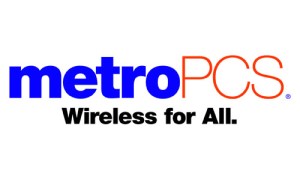
MetroPCS is the fifth-largest mobile operator in the United States—following Verizon Wireless, AT&T, Sprint, and T-Mobile—and now the company is being accused of violating the FCC’s brand new net neutrality policy framework by announcing a new 4G service plan that would charge one rate for data services that handle simple Web browsing and YouTube—and a higher rate for consumers who want to access other services, like Skype, Netflix, Pandora, and more.
Under the plan, users would be able to tap into new 4G LTE-based service with unlimited voice, text, YouTube access, and “Web browsing” for $40 per month. However, users will have to pay $50 to $60 a month for additional services, with the $50/month plan coming with 1 GB of data access and the $60/month tier including “additional data access,” ambiguously defined in MetroPCS’s terms as Internet sites, services, and applications.
Free Press and other interest groups have filed a letter (PDF) with the Federal Communications Commission indicating the “additional data access” encompasses services like Skype and Netflix, while granting a pass to unlimited data consumptions for YouTube and some forms of Web browsing.
“By selectively blocking or capping the use of some Internet content, Web sites, applications, and services, MetroPCS appears to be in violation of the Commission’s recently adopted open Internet rules,” Free Press wrote in their letter. “By permitting YouTube videos and Web sites to be viewed without limit, while simultaneously disallowing or restricting the use of other voice and video Web sites and services, MetroPCS’s actions harm competition, consumer choice, and innovation.”
A MetroPCS spokesperson asserted via email that the company’s new plans comply with the FCC’s new net neutrality framework and expand consumer choice.
The FCC’s new net neutrality framework—which was pushed through last month but has yet to go into effect—maintains many of the FCC’s previous principles of Internet freedom while enacting new transparency requirements so consumers can be aware of how services are managed or restricted. However, many of those neutrality requirements are weakened or missing entirely for mobile technology, and it’s not clear whether MetroPCS only providing access to selected services at higher price points is actually a violation of the FCC’s framework.


